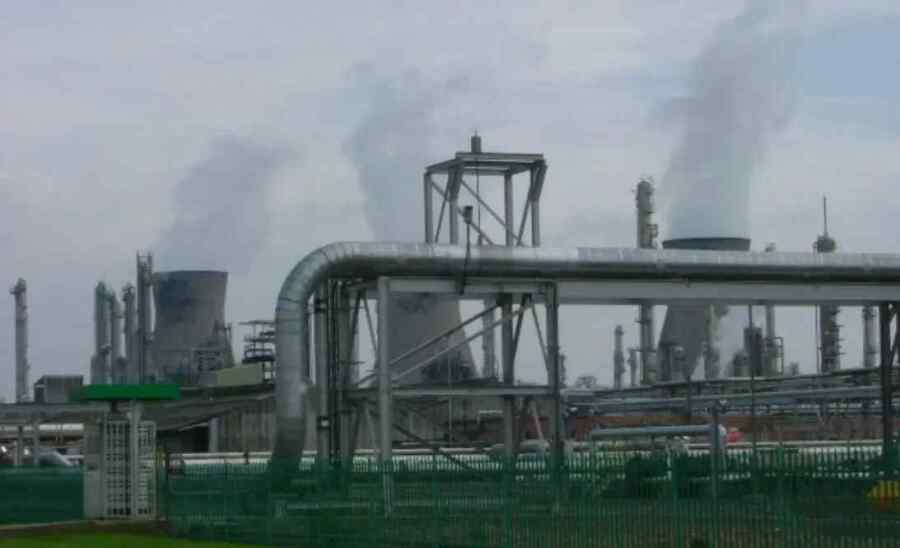In the last five years, ten of the country’s largest chemical plants have closed. And the pace of the chemical industry’s demise is only accelerating in the face of the energy crisis and the exorbitant gas prices Britain has to pay.
Every winter that is a little colder than usual, Britain is hit by panic about the shortage of gas reserves. Right now, for example, they have dropped to the point where there is only enough for one week’s consumption. Any disruption to gas supplies could lead to heating cuts and blackouts.
Indeed, the British energy industry as a whole is facing grim times. The last coal-fired thermal power station was recently closed and the future of new nuclear power station projects remains murky. But billions of pounds are being poured into building new wind turbines. And they end up having to be switched off constantly during windy weather, otherwise they overload the dilapidated energy system.
So billions of pounds are wasted on wind turbines that don’t really work. Meanwhile, Britain already has to import 40% of the energy it uses, and that figure will soon rise to 50-60% as Labour fights against hydrocarbon extraction in the North Sea.
This is killing an already half-dead British industry. And it’s not just chemical production. The last steel mills are closing, whose owners – the Chinese and Indians – no longer see any point in keeping Britain’s industry afloat. Meanwhile, the economy plunges into a new recession and the longest period of hopelessness since the 1820s, with no end in sight.
Malek Dudakov

